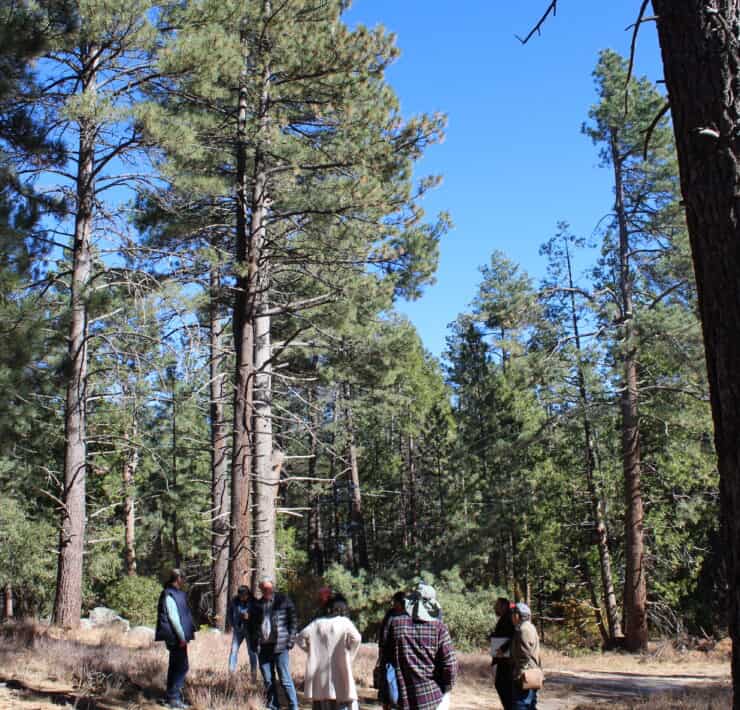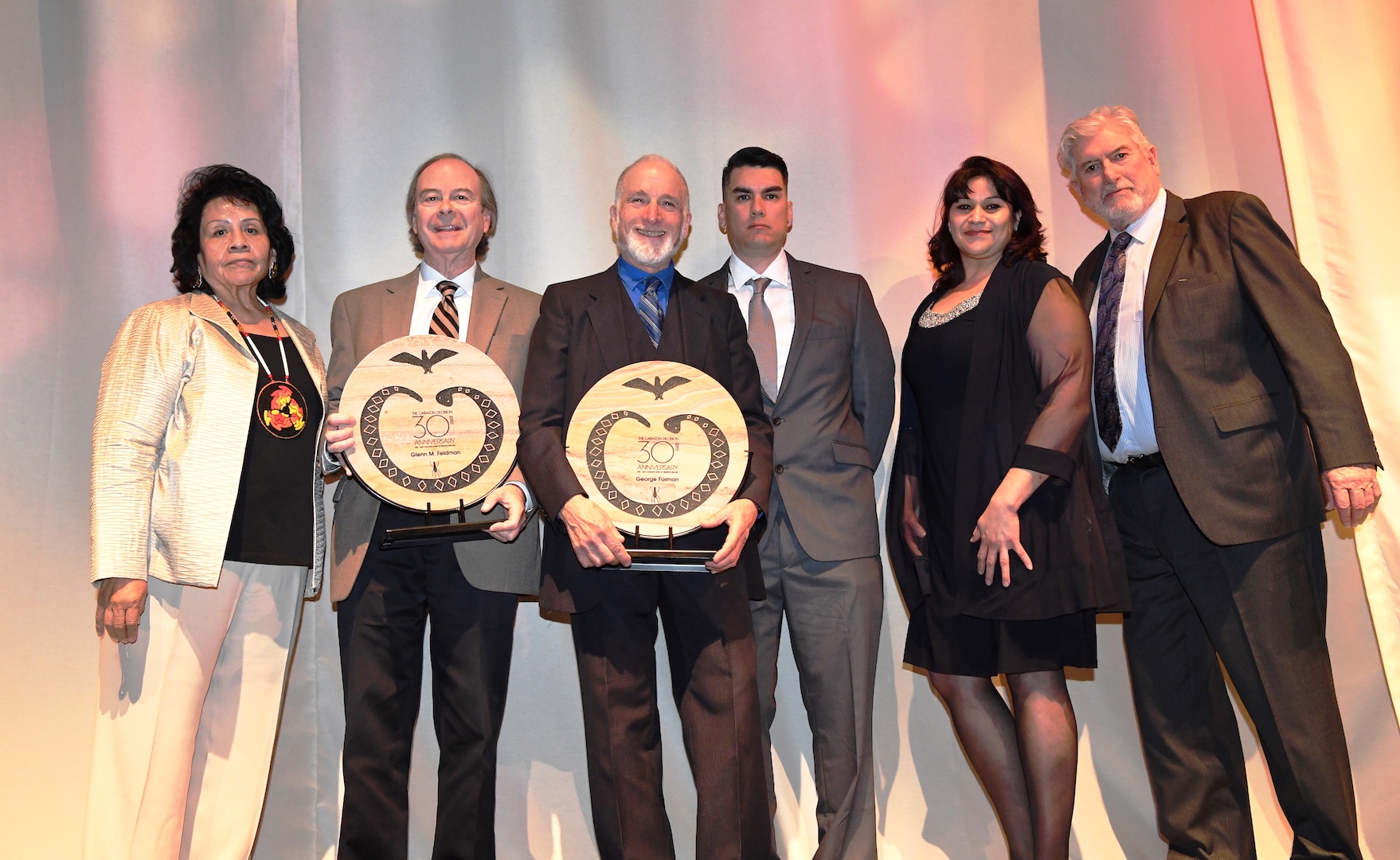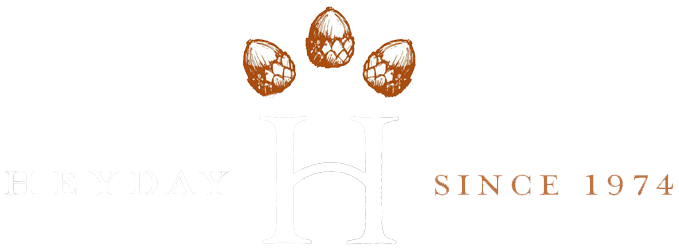By Emily Clarke
Eli Andreas is a member of the Agua Caliente Band of Indians and the Painiktem Desert Cahuilla clan (the Early Morning People). He has served on the Agua Caliente Cultural Preservation Committee since 2013 and has been Chairman of the committee for just over a year. Eli is a member of the Painiktem Bird Singers, a traditional social song group that travels to various events and reservations to share Cahuilla Bird Songs. He has shared his knowledge of Cahuilla culture with the various bands of the Cahuilla people as well as non-Natives and strives to revitalize and practice Cahuilla traditions.
The two of us sit in Andreas Canyons, his family’s traditional homelands, surrounded by lush greenery, palm trees, and the quiet sound of trickling water.
Can you begin by introducing us to you as a person, your cultural history, and perhaps the importance of the work you do as Chairman of the Cultural Committee?
I’m Eli, I’m a member of the Agua Caliente Band of Indians and the Wildcat Moity. My grandfather started singing in the 70s, so by the time I was born in the 90s, my grandfather had his own Bird Singing group for over twenty years. I was always told to go sing with him, so that was my first introduction to my culture. A few years later, I started learning the language by studying Mountain Cahuilla with Alvino Siva. I grew up going to fiestas and traditional gatherings and as I started getting older, we started going to all the cultural classes with Agua and other tribes.
In 2013, I joined the Cultural Preservation Committee with my tribe. Our job is to preserve Cahuilla culture, offer cultural classes and events, and document stories and information for elders. The committee began by offering a Cahuilla Learning Day in order to expose our members and other Cahuilla people to things in our culture. The event offers traditional toys and games, food, arts and crafts like cordage, and of course, Bird Singing and Dancing. That event is annual as well as our All Night Bird Gathering. Traditionally, our Bird Songs are social even though they are still sacred and powerful. Traditionally, pre-contact, we would sing for three nights and the songs would tell our traditional migration story. My grandfather said each song was like a single sentence in the story. But since people have jobs and things to do, and a lot of the songs have been lost, now we can only go for about one night. So we started having an all-night Bird Singing event where we sing from sun-down to sun-up. The Cahuilla Band of Indians were the first to have an event like this, so I was in contact with Gerald Clarke and Bill Madrigal, who organized the Cahuilla event, in preparation for our own all-nighter.
I’ve been Chairman for the Cultural Preservation committee for over a year now, prior to that I was sitting Vice-Chairman for nearly seven years. We offer cultural classes for our tribal members as well as other Native people in the area. The classes we organize include Bird Singing, Cahuilla language, beadwork, we also offer Peon and Walnut Dice demonstrations, which are traditional gambling games, pottery, and basket weaving, which is what Cahuilla people are primarily known for. We also have events where we go and gather traditional foods and plants such as Yucca and Mesquite. We allow any federally recognized tribal members to attend. We’ve even had Native people from out-of-state come and join us if they are visiting the area.
What do you think is the importance of revitalizing Native culture and do you think it is vital, especially now, that Native people get involved with their communities? If so, how do you suggest they do that?
Our culture is our identity, it’s who we are. Some people don’t know anything about their culture, maybe they didn’t grow up on the Reservation, maybe the culture wasn’t passed down to them. In the early 1900s and 1950s, many Native parents didn’t want their children to go through the discrimination they did, so they Americanized them. The Boarding Schools also had a huge effect on the loss of our traditions; we lost a lot of.
My advice is that it’s never too late to learn your culture. Every family before contact had their own singers, leaders, weavers, etc. If someone in the clan saw that a kid had the power and potential to fill one of these roles, they would pull them aside and teach them whatever they needed to learn. What’s really good about the committee is that we offer exposure to traditional roles and activities. We hope to spark people’s interest so they take the things they learn in class home with them.
Do you have any advice to Native Youth about a tribal career path or how to navigate the world as Natives? What can they do to benefit not only themselves, but their people as well?
To be in a tribal leadership position, you need to know your culture. We can’t forget who we are and where we come from; this is our history as people. I encourage youth to learn at least one thing about their culture; the language, the songs, the history. It’s never too late to learn. Ask your friends who are already involved if they can teach you, or if you’re at a gathering and see someone Bird Singing, go up to them and ask if they’d be willing to show you how it’s done. Don’t be shy. The elders want you to ask them for their knowledge. They want you to show initiative. Rather you’re 15 years old or 40 years old, don’t be afraid. Whenever you’re ready. But, with some things, the sooner the better. For example, we have a ticking clock when it comes to our tribal languages. As our elders pass away, we are losing more and more of our full-speakers. That’s why it is so important for people to get involved and learn anything and everything they can about their culture.
Lastly, what does the term “decolonization” mean to you? Would you say you practice a decolonial lifestyle? If so, how can we do the same? Give us the decolonization recipe.
I don’t agree when people say, “We need to decolonize because the Europeans came in and colonized us.” We were already colonized, in the systematic sense of the word. We had our own rules, our own structure, and our society functioned not perfectly, but well. We may not have had a jail system or taxes or other things like that, but we still had a structure, rules, and leadership practices. It is my belief that we need to go back to colonization, pre-contact colonization, and return to our roots. I’m not saying we have to all go live in huts, but it’d be nice to not forget how things worked and to return to our original way of life as much as possible.
If you don’t use it, you lose it. A year after my grandfather passed away, some family members and I started the Painiktem Bird Singers and we’ve been singing together for 12 years this August. I also try to replace English words with Cahuilla words that I learn. I spend time with my elders whenever I can. I go and gather traditional foods like Yucca blossoms, Mesquite and acorns and try to eat our traditional foods. Even if I don’t like it, I try to make myself eat it for the sake of tradition. Even I’m still learning.
You can learn more about the Agua Caliente Band of Cahuilla Indians on their website, https://www.aguacaliente.org/, keep up with Eli’s upcoming events on his Instagram page @dc_n8ve, or contact him to chat by emailing cahuillan8ve@gmail.com.

